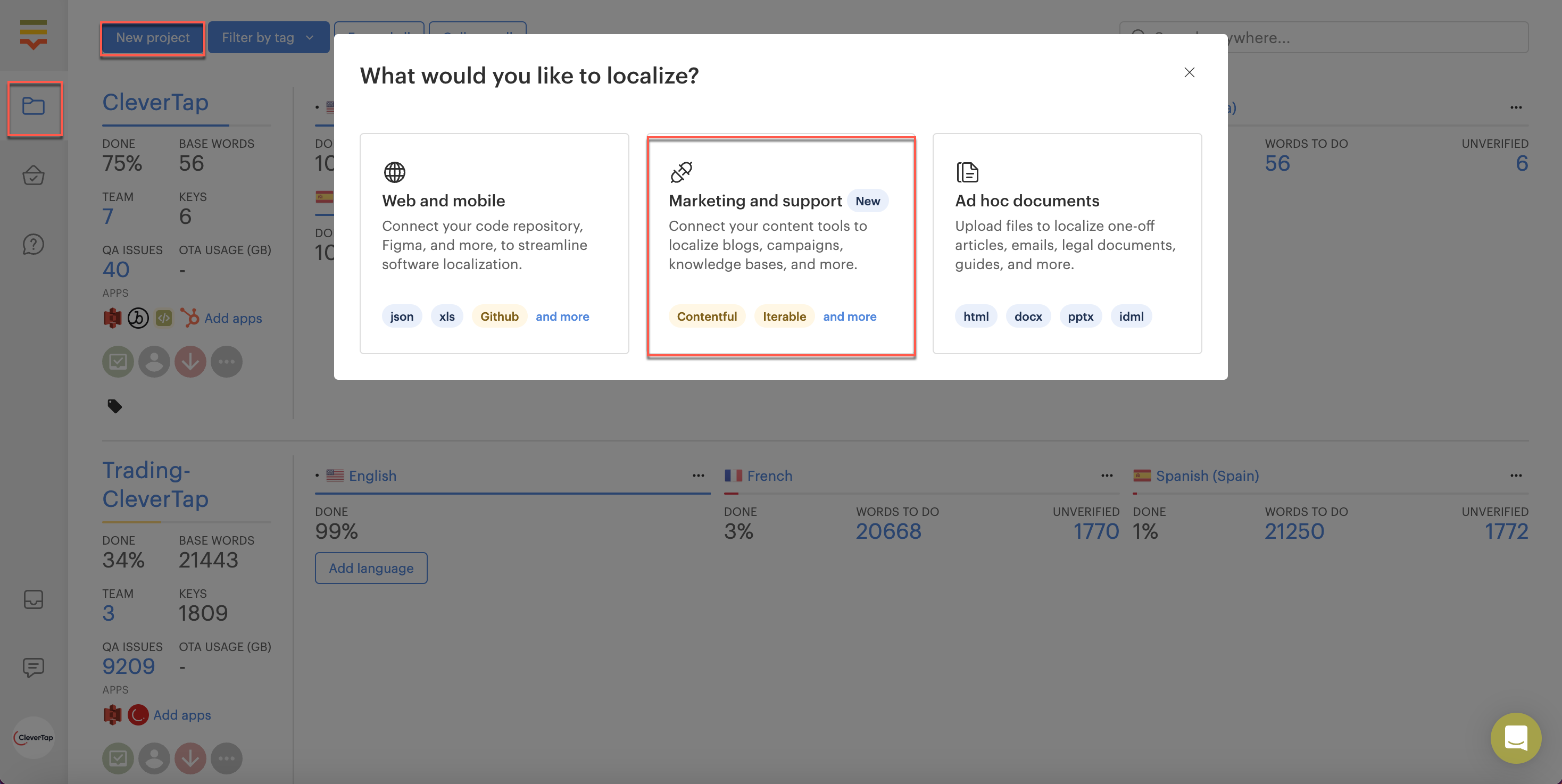Lokalise: Complete Buyer's Guide
Leading AI-powered translation management system for ecommerce
Lokalise positions itself as the leading AI-powered translation management system specifically designed for ecommerce businesses requiring rapid multilingual expansion and real-time customer support localization. Best for mid-market to enterprise ecommerce companies needing no-code translation workflows with deep platform integrations and hybrid AI-human translation capabilities.
Market Position & Maturity
Market Standing
Strong market positioning as a specialized translation management platform with proven enterprise adoption among notable brands including Amazon, Uber, Specialized, Zalando, and Revolut [42][48][54].
Company Maturity
Enterprise-grade features such as SLA guarantees, dedicated account management, and SOC 2 compliance for large-scale implementations [49][52][59].
Growth Trajectory
Expanding AI capabilities integration and generative AI technology adoption, positioning the company at the intersection of traditional translation management and emerging AI automation trends [43][44][50].
Industry Recognition
Positive customer feedback for responsiveness and collaborative features [55][56].
Strategic Partnerships
Strategic partnerships with major platforms like Shopify, Zendesk, and Figma demonstrate ecosystem integration depth [51][54].
Longevity Assessment
50+ documented customer case studies with enterprise clients demonstrate established market presence and operational maturity [48][54].
Proof of Capabilities
Customer Evidence
Specialized reports consolidated workflow benefits with teammates finally having 'one place to go when updating translations across multiple products' [42].
Quantified Outcomes
Elli achieving market entry acceleration from 2-3 months to 2-3 weeks [47][53]. ActiveCampaign reported 16% savings on translation costs [54].
Case Study Analysis
50+ customer case studies with notable clients like Amazon and Uber, proving capability for cross-border ecommerce scalability [48][54].
Market Validation
Strong traction among mid-market to enterprise ecommerce companies, with documented implementations at Zalando and Revolut [48][54].
Competitive Wins
Displacement of manual translation workflows and generic tools like Google Translate through context-aware processing with glossary customization capabilities [43][44][50].
Reference Customers
Enterprise validation includes 50+ customer case studies with notable clients like Amazon and Uber [48][54].
AI Technology
AI translation engine combines traditional translation management systems with generative AI technology to deliver context-aware translations with customizable glossaries and SEO optimization capabilities [43][44][50].
Architecture
Technical architecture enables automated processing of 90% of translation work across multiple languages [47][53].
Primary Competitors
Developer-focused alternatives like Transifex [51].
Competitive Advantages
40+ native integrations with ecommerce platforms like Shopify and CRM systems like Zendesk that enable workflow automation [48][51].
Market Positioning
Emphasis on ecommerce-specific features and no-code solutions preferred by marketing teams [51].
Win/Loss Scenarios
Win scenarios favor Lokalise for organizations requiring ecommerce-specific integrations, no-code workflows, and hybrid AI-human translation approaches [50][51][54].
Key Features

Pros & Cons
Use Cases
Integrations
Pricing
Featured In Articles
Comprehensive analysis of Chat Translation for Ecommerce for Ecommerce businesses and online retailers. Expert evaluation of features, pricing, and implementation.
How We Researched This Guide
About This Guide: This comprehensive analysis is based on extensive competitive intelligence and real-world implementation data from leading AI vendors. StayModern updates this guide quarterly to reflect market developments and vendor performance changes.
59+ verified sources per analysis including official documentation, customer reviews, analyst reports, and industry publications.
- • Vendor documentation & whitepapers
- • Customer testimonials & case studies
- • Third-party analyst assessments
- • Industry benchmarking reports
Standardized assessment framework across 8 key dimensions for objective comparison.
- • Technology capabilities & architecture
- • Market position & customer evidence
- • Implementation experience & support
- • Pricing value & competitive position
Research is refreshed every 90 days to capture market changes and new vendor capabilities.
- • New product releases & features
- • Market positioning changes
- • Customer feedback integration
- • Competitive landscape shifts
Every claim is source-linked with direct citations to original materials for verification.
- • Clickable citation links
- • Original source attribution
- • Date stamps for currency
- • Quality score validation
Analysis follows systematic research protocols with consistent evaluation frameworks.
- • Standardized assessment criteria
- • Multi-source verification process
- • Consistent evaluation methodology
- • Quality assurance protocols
Buyer-focused analysis with transparent methodology and factual accuracy commitment.
- • Objective comparative analysis
- • Transparent research methodology
- • Factual accuracy commitment
- • Continuous quality improvement
Quality Commitment: If you find any inaccuracies in our analysis on this page, please contact us at research@staymodern.ai. We're committed to maintaining the highest standards of research integrity and will investigate and correct any issues promptly.